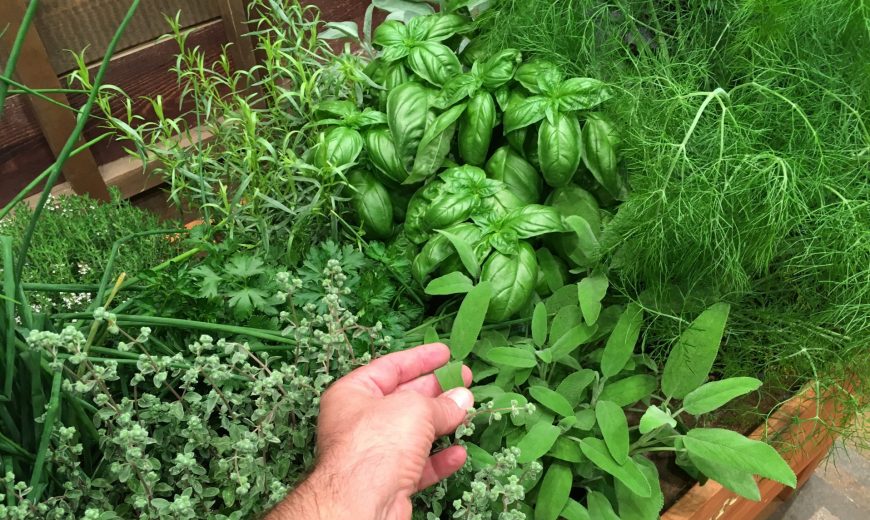
How to Avoid Plant Nutrient Deficiencies
Welcome to nursery school! In today’s lesson, we’d like to get back to basics, to talk about plant nutrient deficiency and what you can do to avoid it. Just like we need nutrients to grow to our full potential, so plants too need essential nutrients to grow long and strong. But what are these essential nutrients, how can we tell if our vegetable plants are missing them, and what can we do to ensure that our plants get them in case they are missing?
The Plant Macronutrients
NPK – Nitrogen, phosphorus and potassium! The Big Three. These are the macronutrients that are crucial for plant growth – if your plants lack these, you can forget about harvesting that gorgeous, nutrient-dense, ripe, red heirloom tomato that’s been growing for the past three months in your garden! Alongside NPK, there are other macronutrients that plants need in generous amounts to grow – and they are sulphur, magnesium and calcium.
In well-prepared soil (we’ll explain what that means below), these macronutrients are usually present in sufficient amounts.
But are those all the elements vegetables need to reach their full potential?
Introducing, The Micronutrients
Our vegetables need the following nutrients, but in nominal amounts, hence micro-nutrients, unlike macro-nutrients. They make up less than 0.01% of plant dry matter.
The seven micronutrients are boron (B), chlorine (Cl), copper (Cu), iron (Fe), manganese (Mn), molybdenum (Mo), and zinc (Zn).
Deficiencies of micronutrients can arise in certain sandy soils common in the UAE and other Gulf countries, and elsewhere in the Middle East. Soils with high pH levels also lead to problems with how available the micronutrients are to plant uptake, thereby causing deficiencies.
Why are micronutrients important to vegetable health, anyway?
Here’s why the seven micronutrients are important:
Boron: used for sugar transport, cell division, and amino acid production
Chlorine: used in turgor regulation (how firm your plant’s cells are), resisting diseases and in photosynthesis
Copper: component of enzymes, also used for photosynthesis
Iron: component of enzymes, also needed to produce chlorophyll, and in photosynthesis
Molybdenum: involved in nitrogen metabolism, needed for nitrogen-fixing in leguminous plants
Manganese: important for photosynthesis, cofactor in several plant reactions, activator for enzymes
Zinc: component of several enzymes and important for hormone balance
Zinc, manganese, boron, iron and copper are most readily available (they are taken up in ‘ion’ form) in acidic soils. Molybdenum is the only micronutrient that is most readily available in alkaline soil.
How do you know if your soil has micronutrient deficiencies? Use this cheat-sheet! 📝👇
How to spot plant nutrient deficiency in your vegetables:
Boron Deficiency
Boron deficiency: light general yellowing, death of growing point, deformed leaves with discoloured areas; poor seed or fruit set.
Good to know: Beets are particularly sensitive to boron deficiency, as are turnips
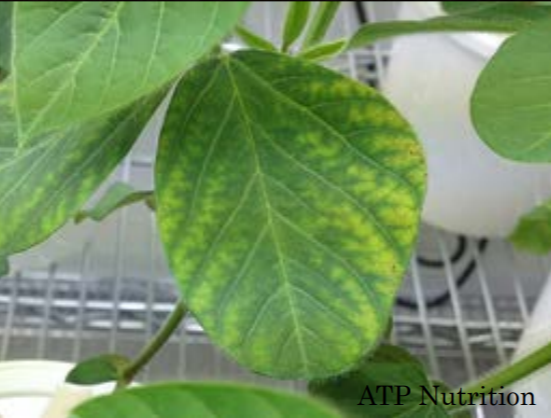
Chlorine deficiency
Chlorine deficiency: yellowing and wilting of young leaves, although rarely seen on crops in the field since deficiency is rare, except sometimes in sandy soil and where heavy rains causing leaching have occurred.
Copper deficiency
Copper deficiency: light overall yellowing, leaf tips die back and tips are twisted, loss of turgor in young leaves

Iron deficiency
Iron deficiency: yellowing between veins of new leaves.
Good to know: Corn is particularly susceptible to iron deficiency.
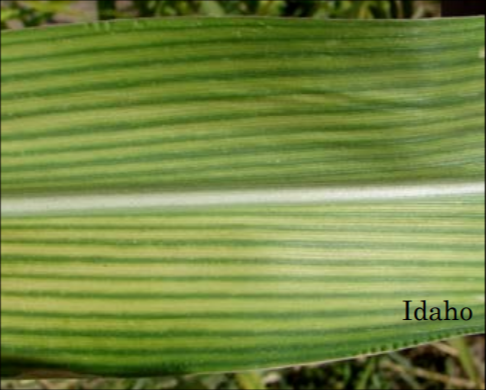
Molybdenum deficiency
Molybdenum deficiency: similar to nitrogen deficiency – general yellowing of young plants, yellowing of older leaves
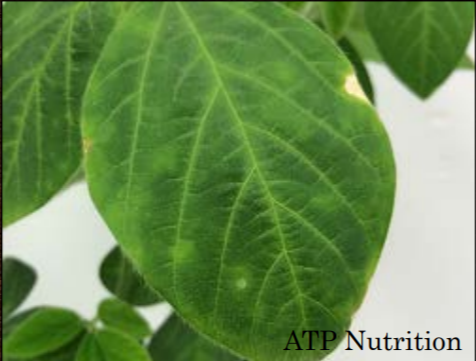
Manganese deficiency
Manganese deficiency: yellowing between veins of new leaves (similar to iron deficiency)
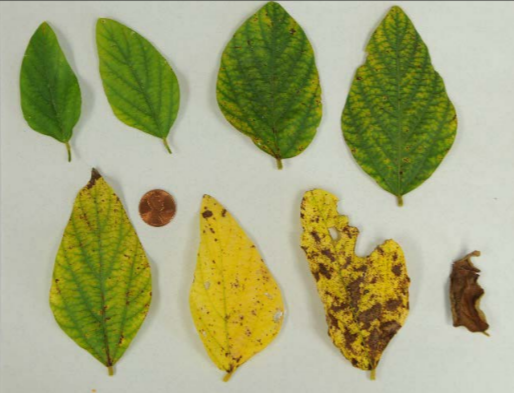
Zinc deficiency
Zinc deficiency: stunted growth, reduced internode length, young leaves smaller than normal
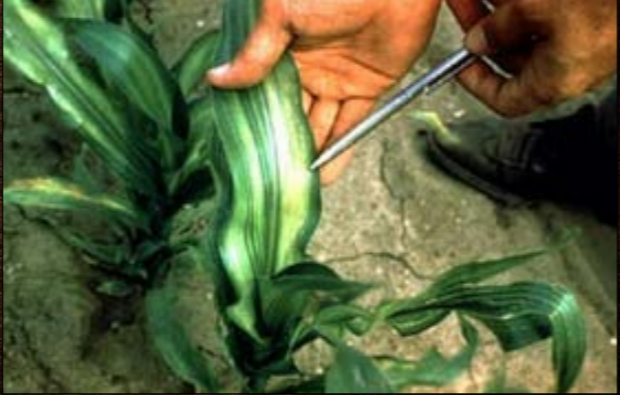
The unfortunate thing is that once you spot these deficiencies, it’s usually too late to rectify your current crop. However, once you do amend your soil and answer to the deficiencies, you’re well placed to improve soil health for future plantings.
The following is a good overview of different types of plant nutrient deficiency you may be dealing with when growing vegetables – both deficiencies of micronutrients and macronutrients
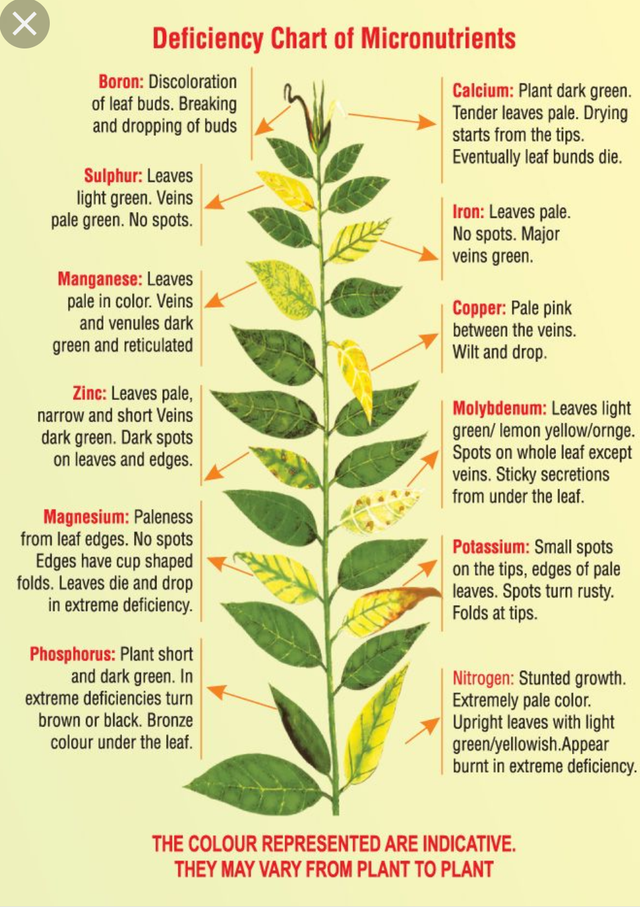
How do you fix plant nutrient deficiency in your vegetables?
If you are already dealing with organic deficiencies, organic liquid fertilizers can be used—these are cost-effective, and bring the quickest results. Your plants can take in nutrition through leaves as well as roots – so most of these are applied either to the root-zone or foliarly (on the leaves).
What I recommend to home gardeners is to do a soil test every few years, and then make necessary amendments. An easy and sustainable way to address both macro- and micronutrient deficiencies is to add generous amounts of compost to your growing medium. If you can add compost every growing season or at every new planting, there is nothing like it! The following tips also come in handy:
– Cover the soil with mulch (straw or dried leaves or plastic mulch, etc.) to keep nutrients within the soil and prevent leaching
– Practice “green manuring” – grow a crop of leguminous plants followed by cutting and incorporating them into the soil
– Slow-release fertilisers like chicken manure (don’t overuse!). These can be more effective in sandy soils than liquid fertilisers that move rather quickly through the soil
Read on more best soil preparation and tips.
Now that you know what to look for with plant deficiencies, and how to remedy them, there’s no longer any need to sweat the small stuff. Preparing happy, healthy soil is the best measure to prevent micronutrient plant deficiency!

